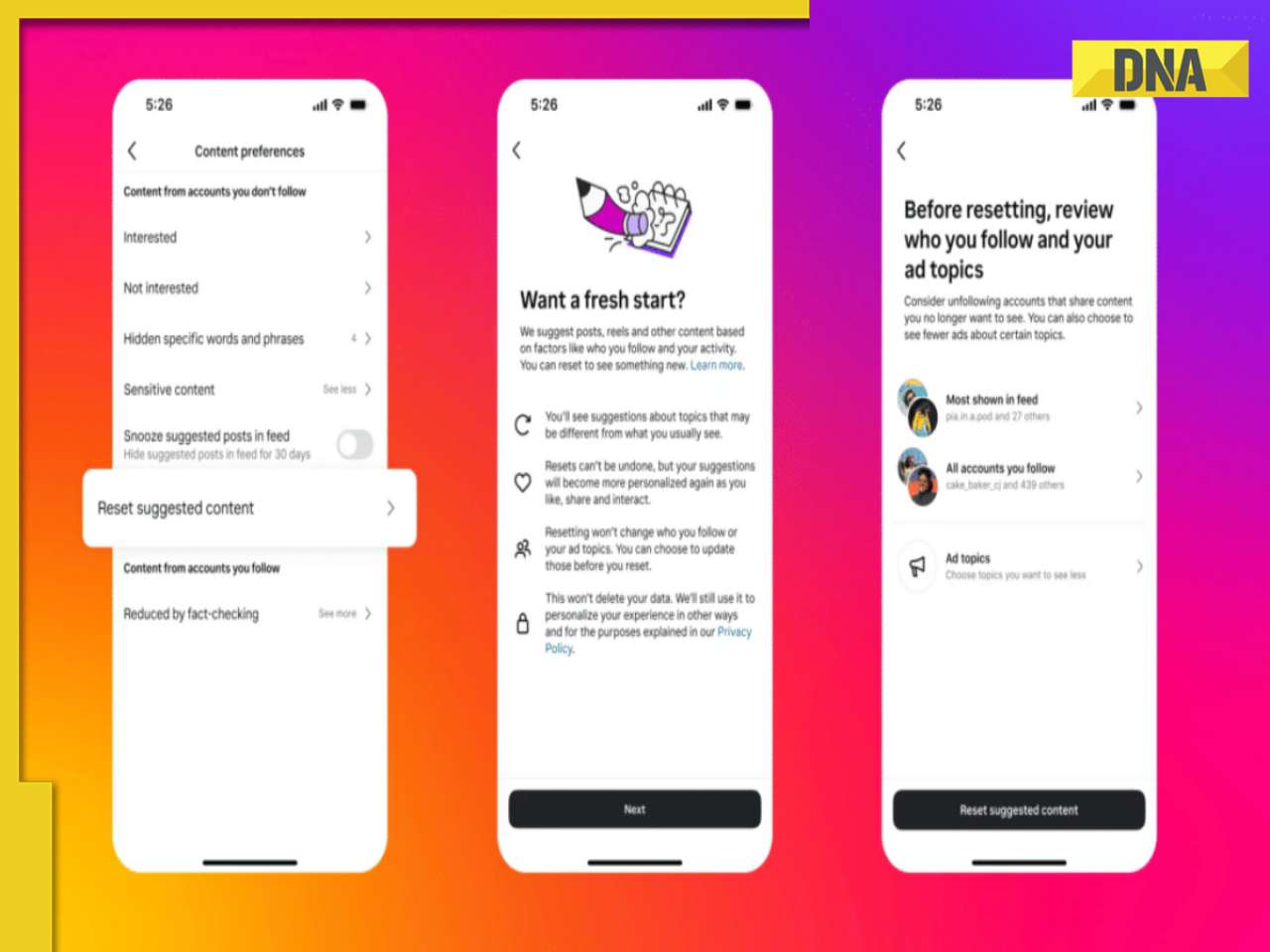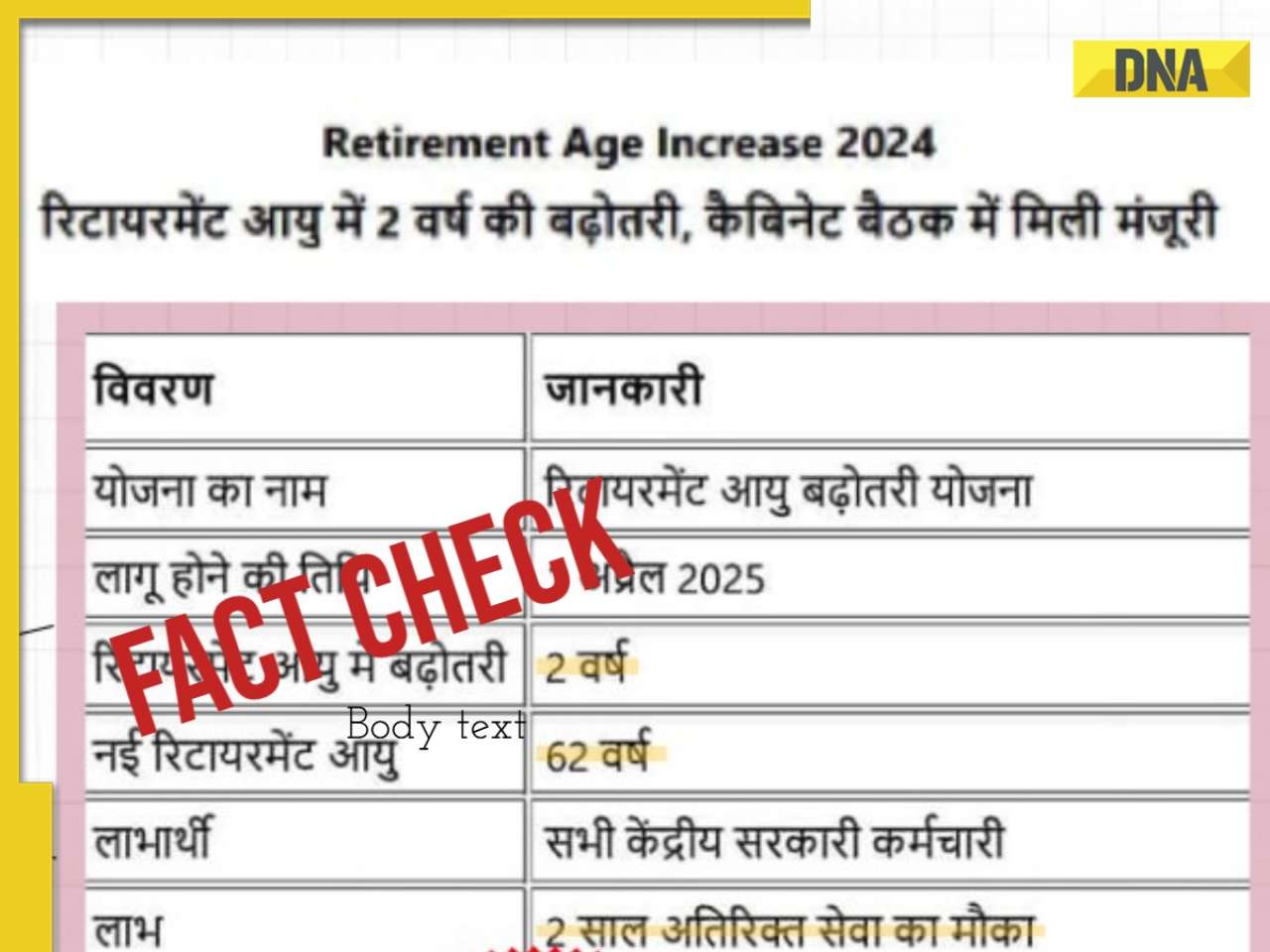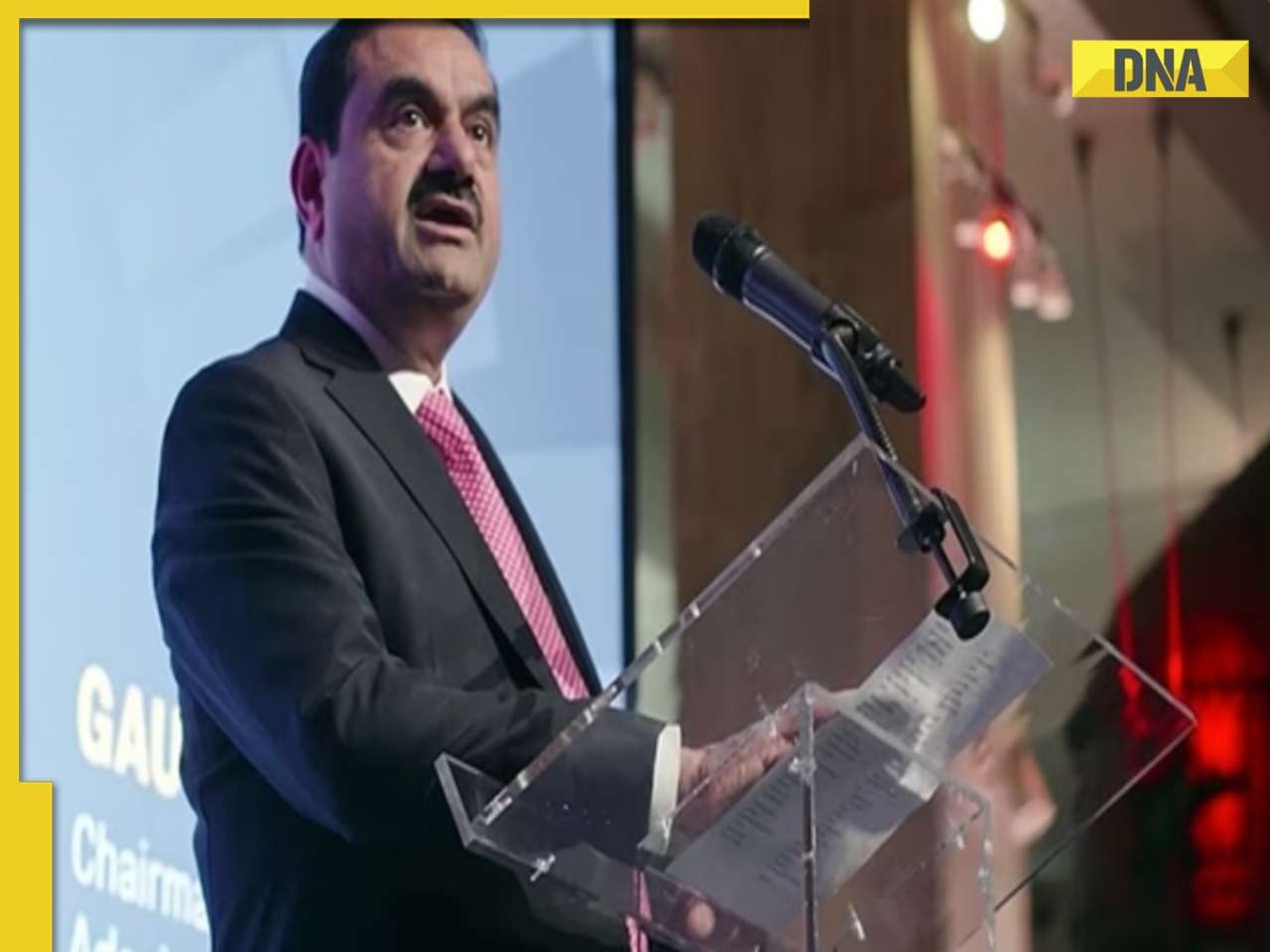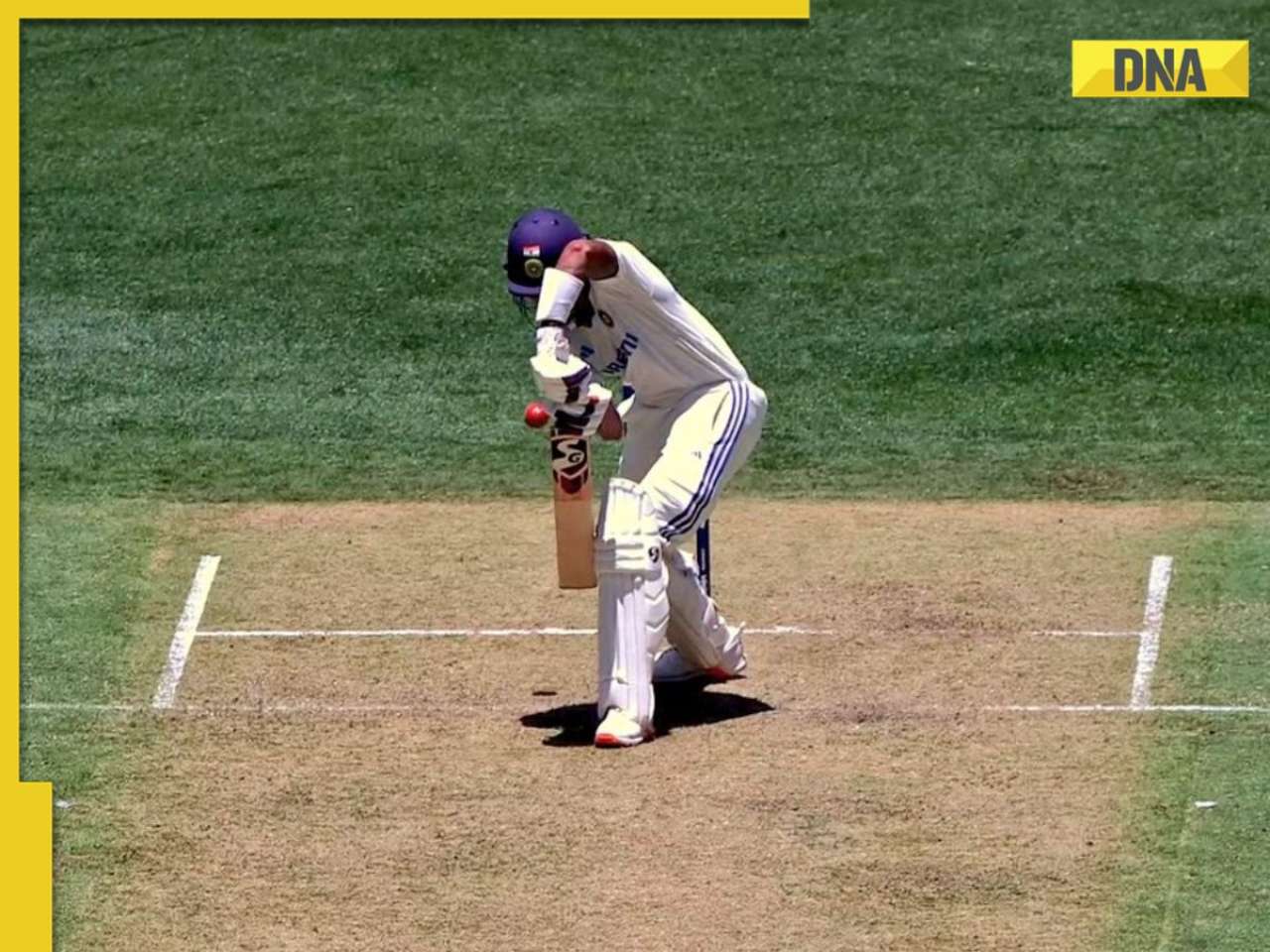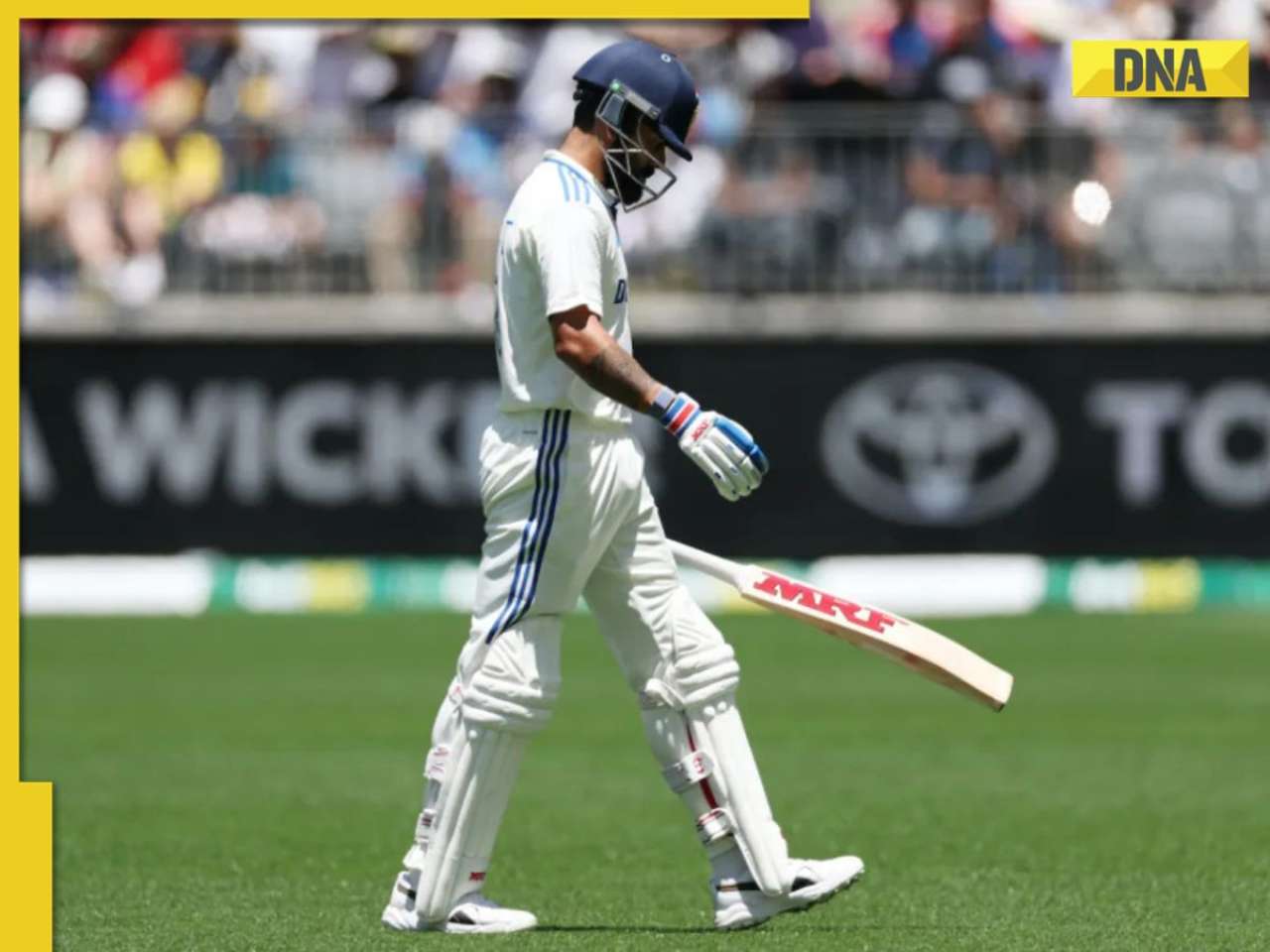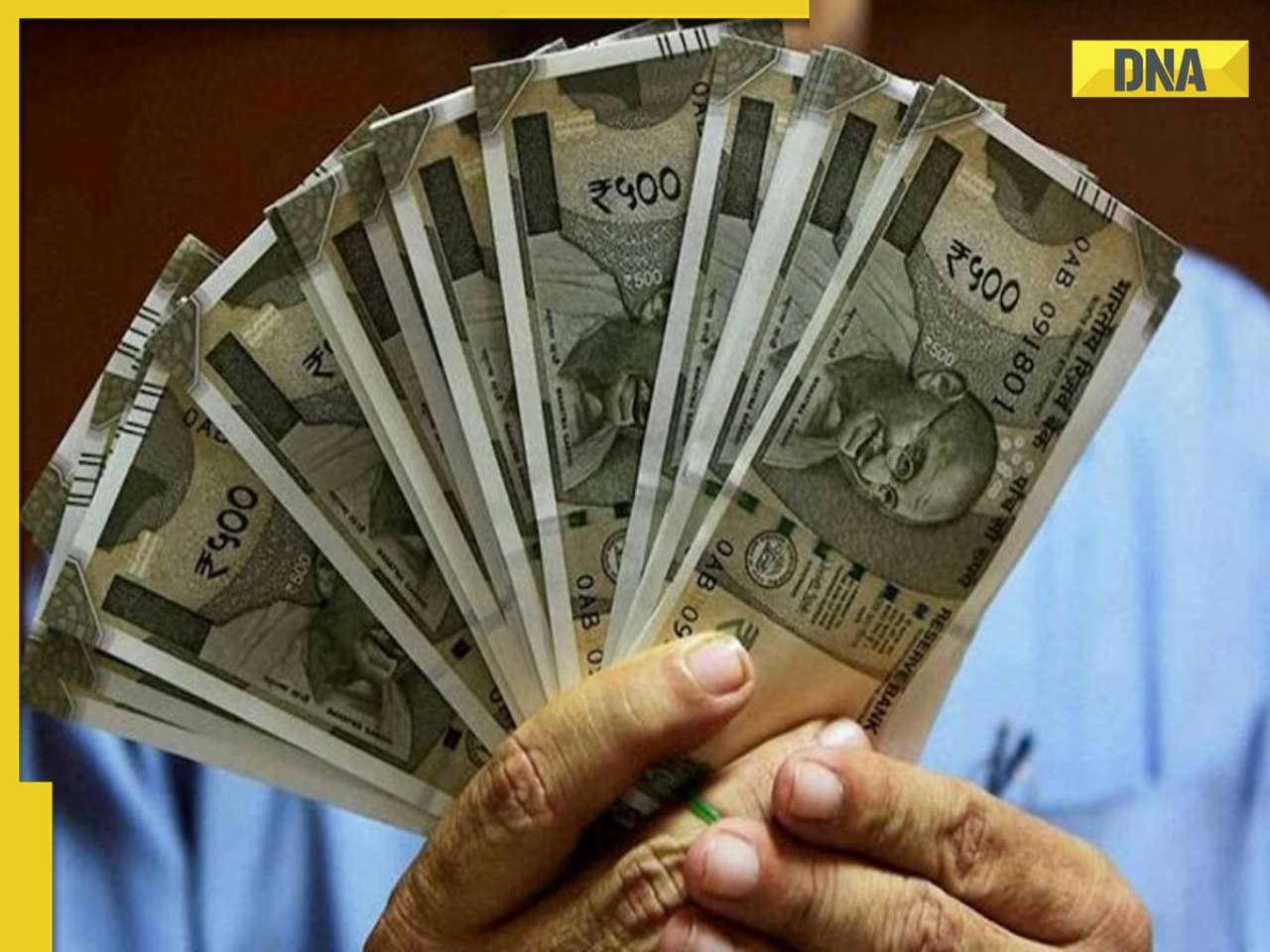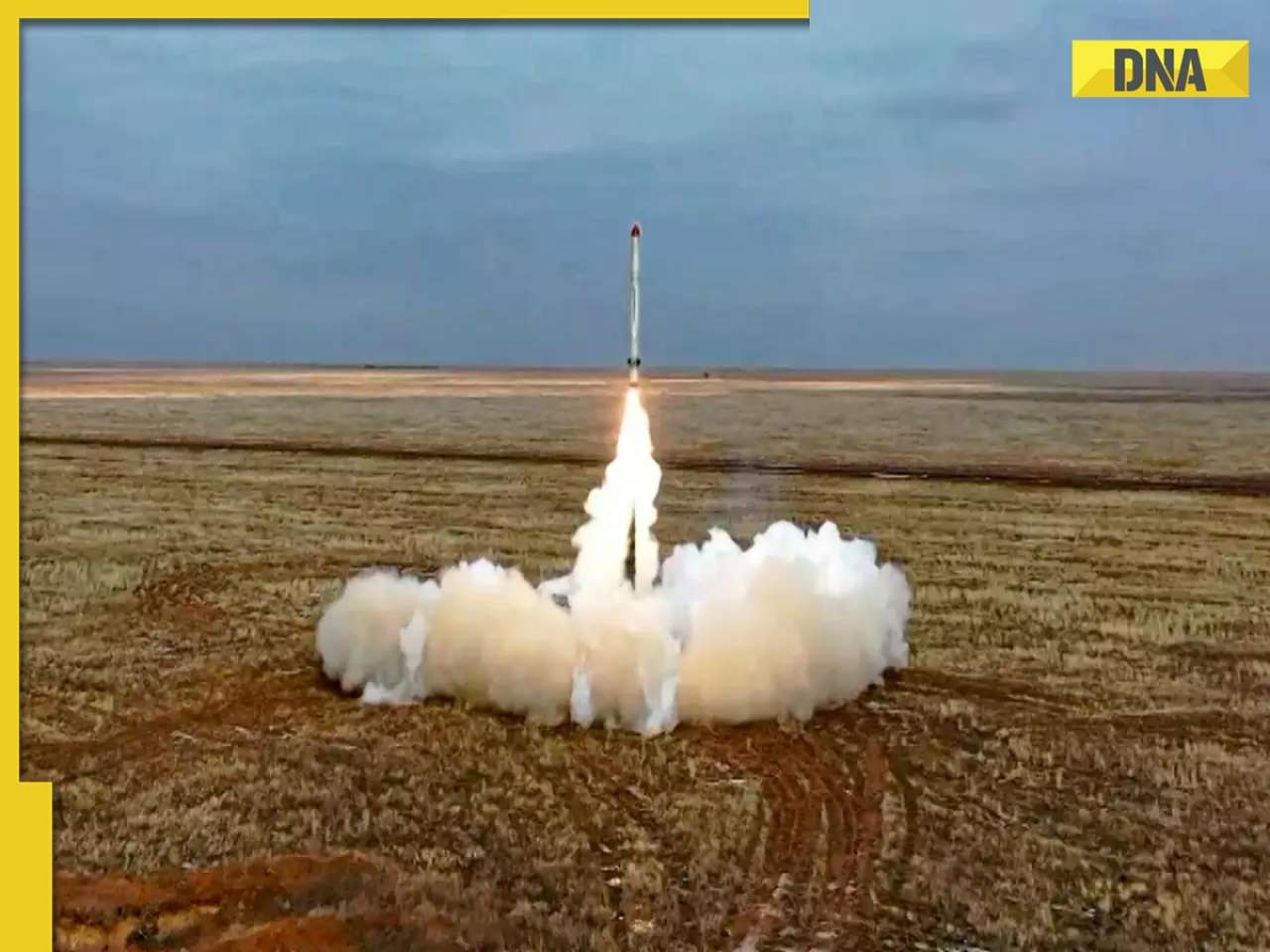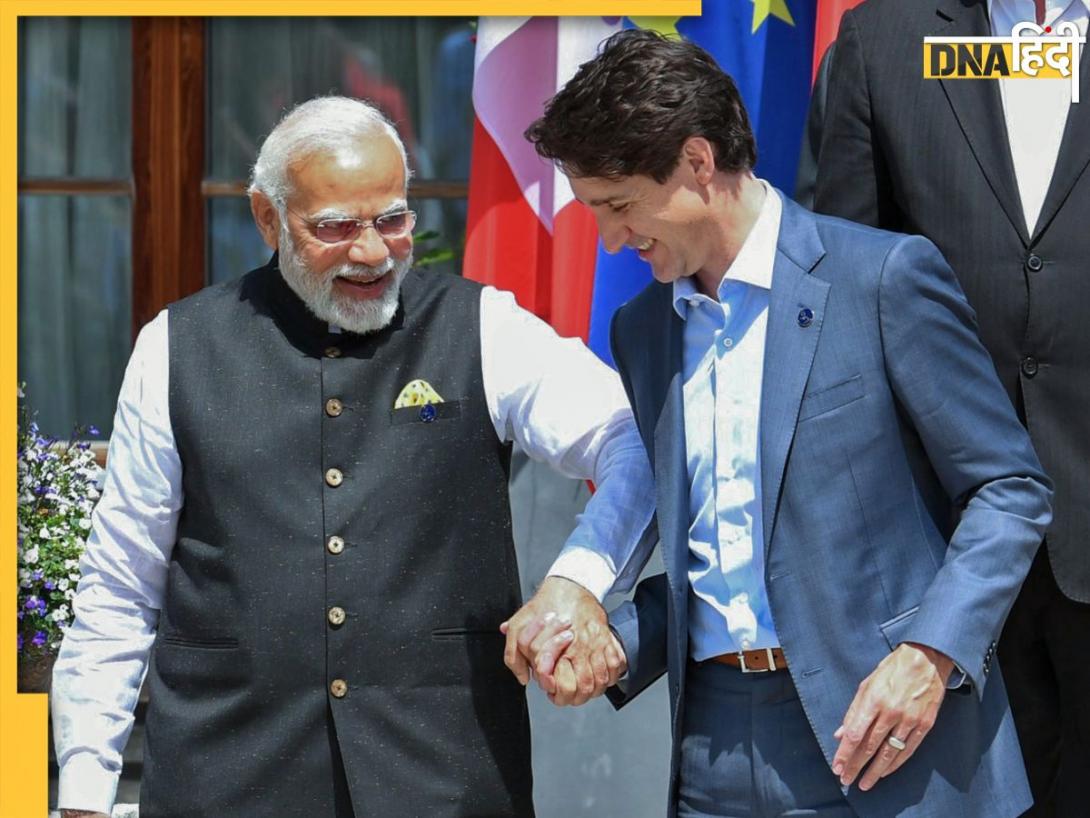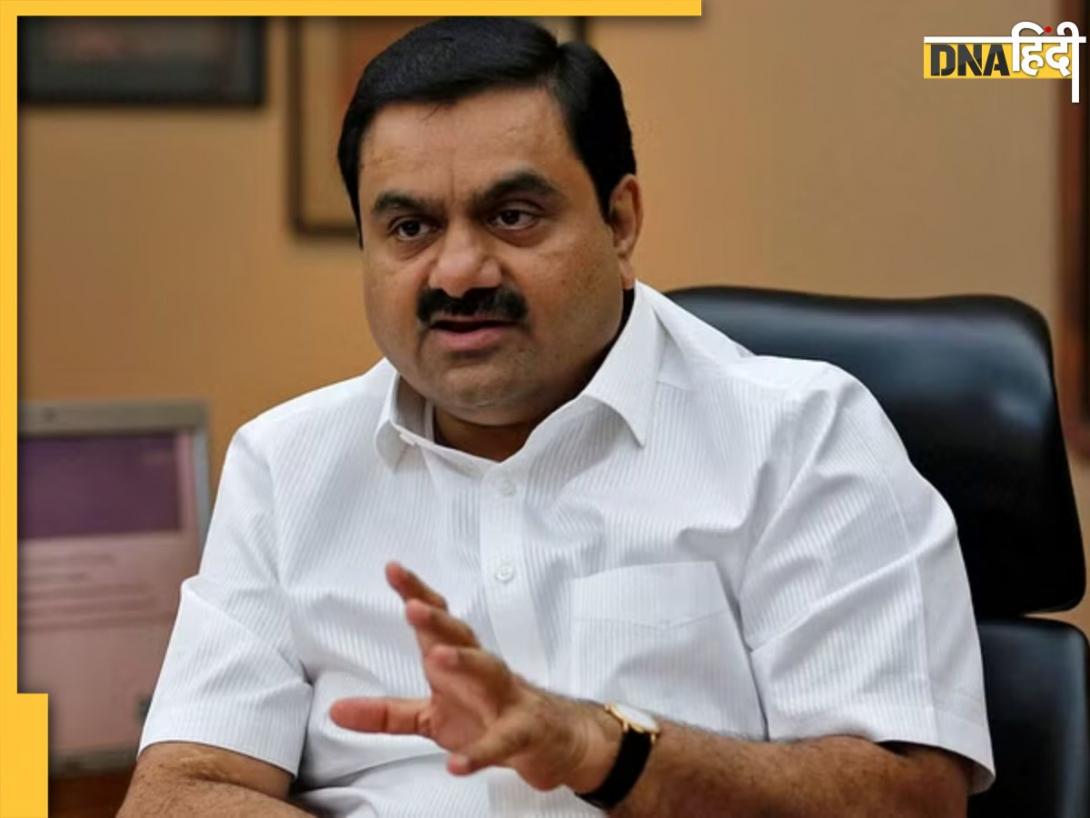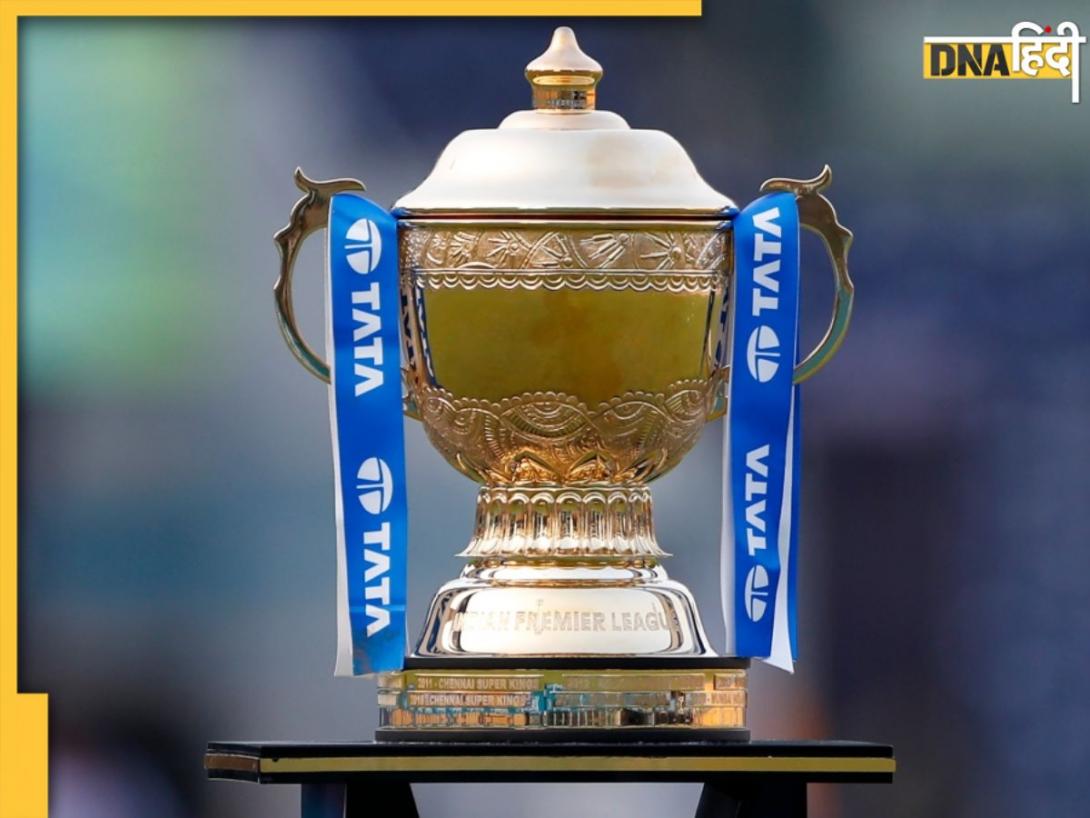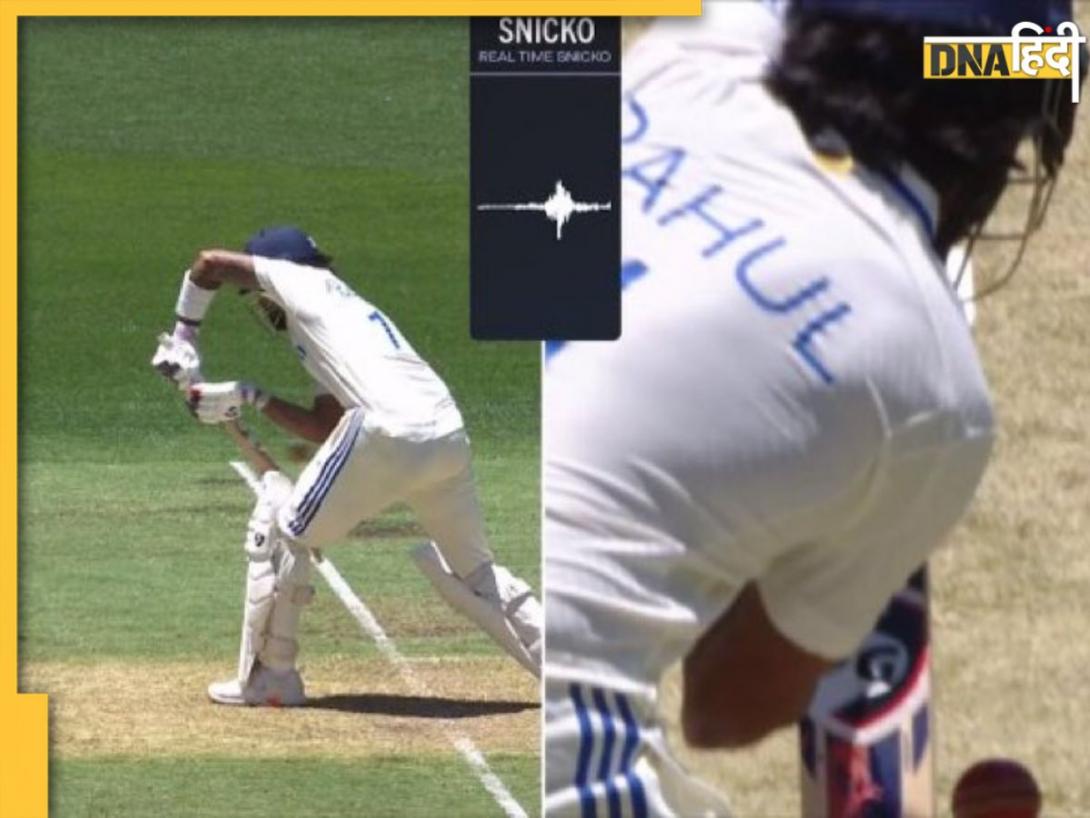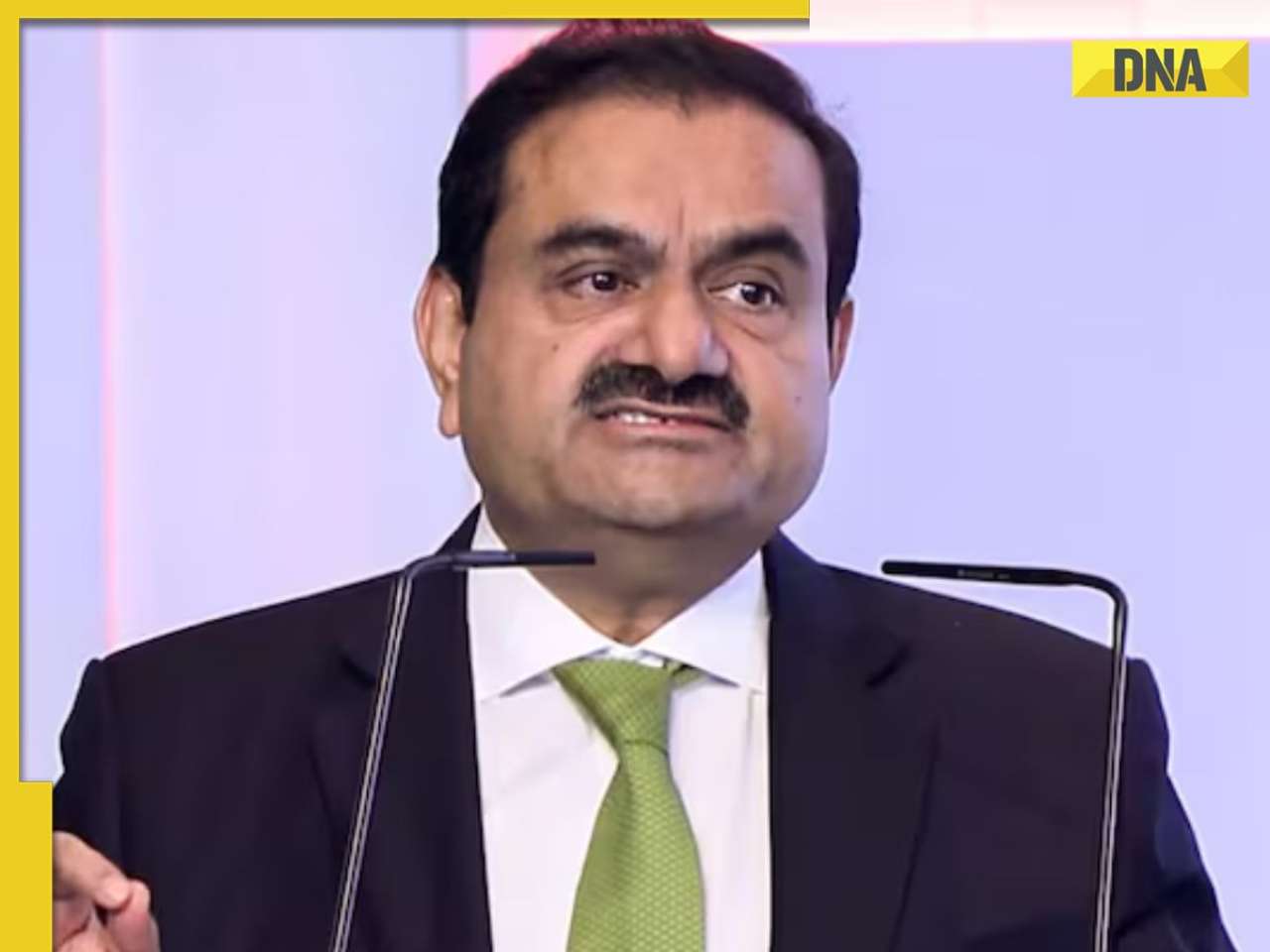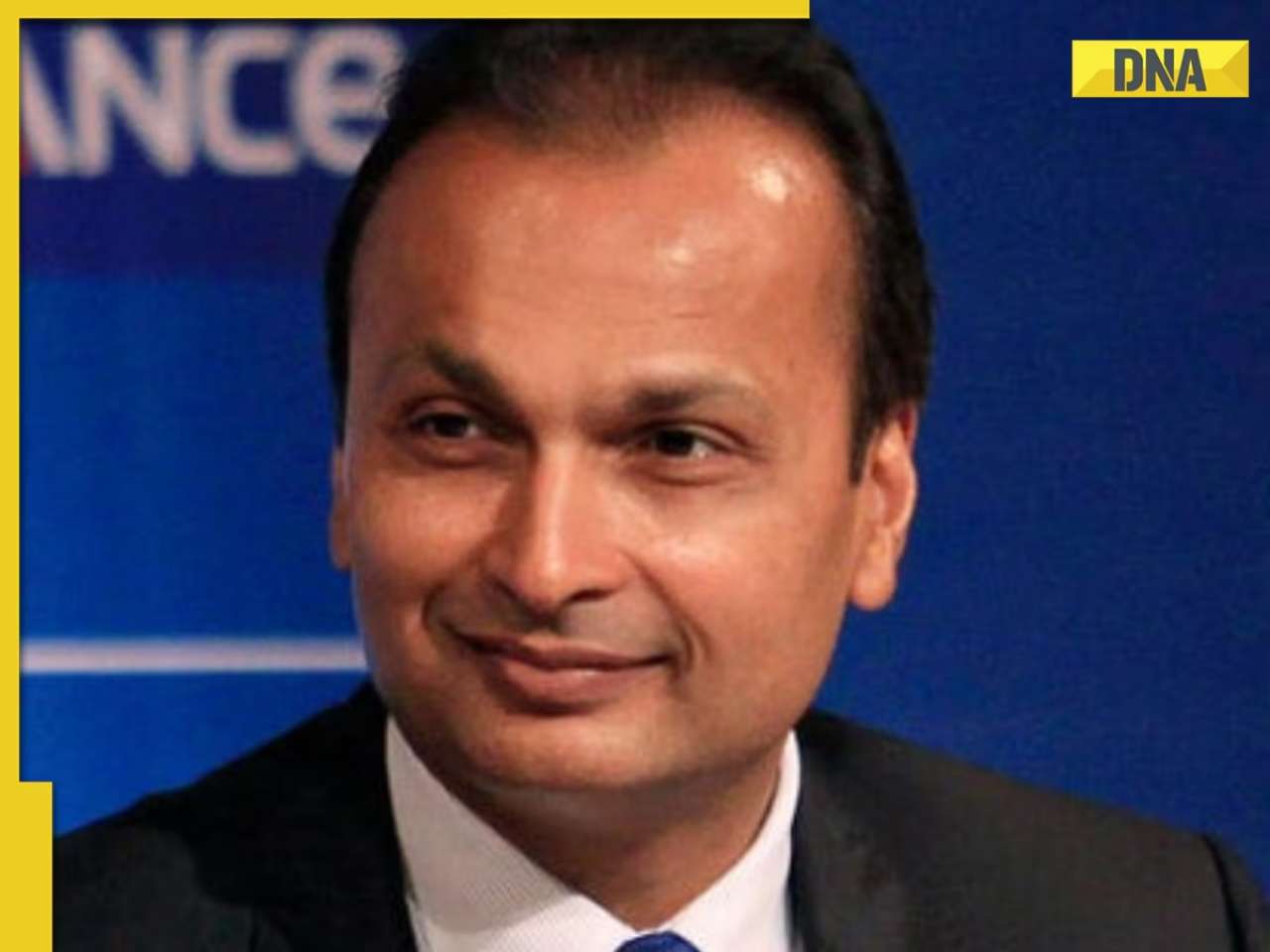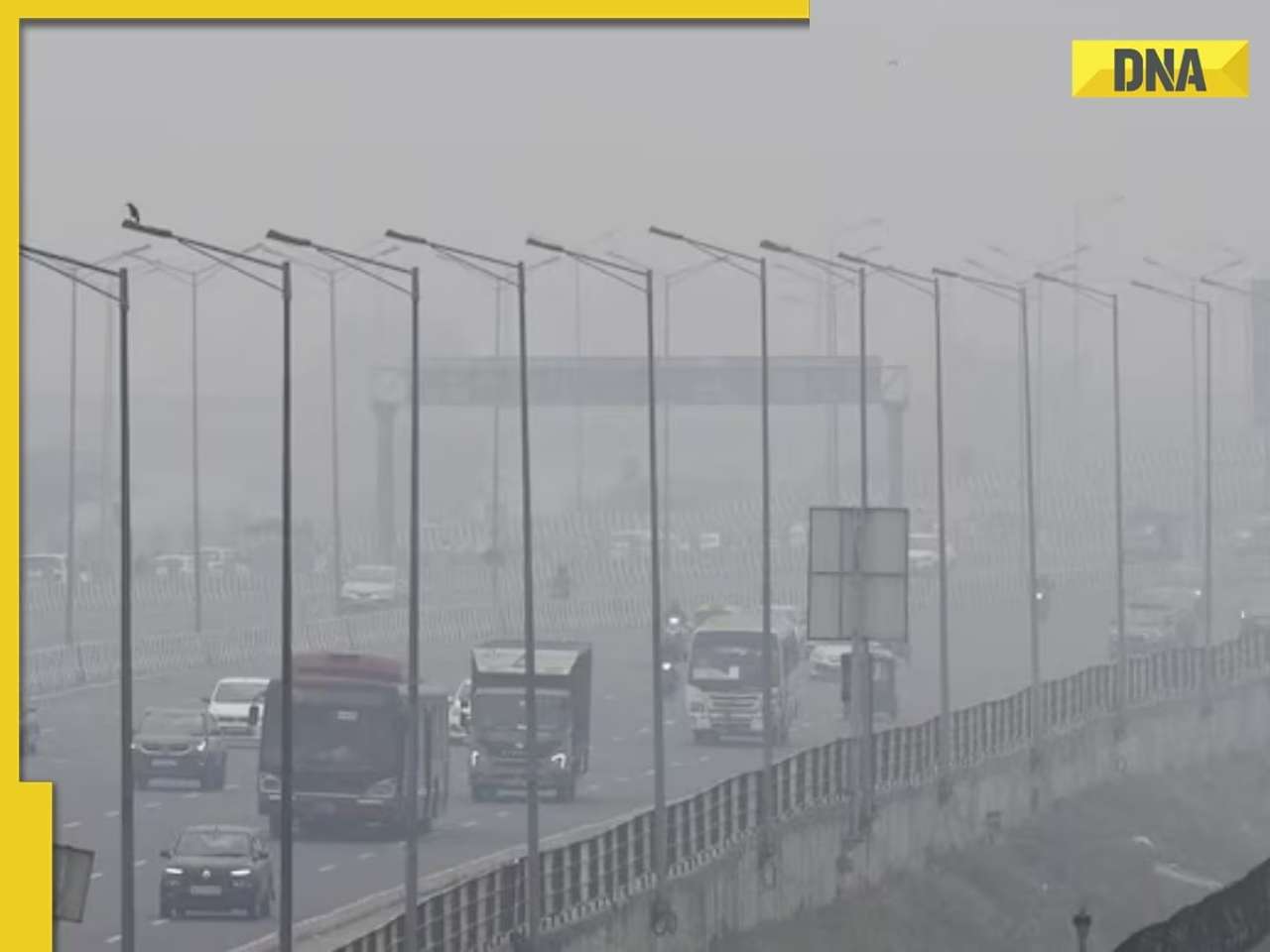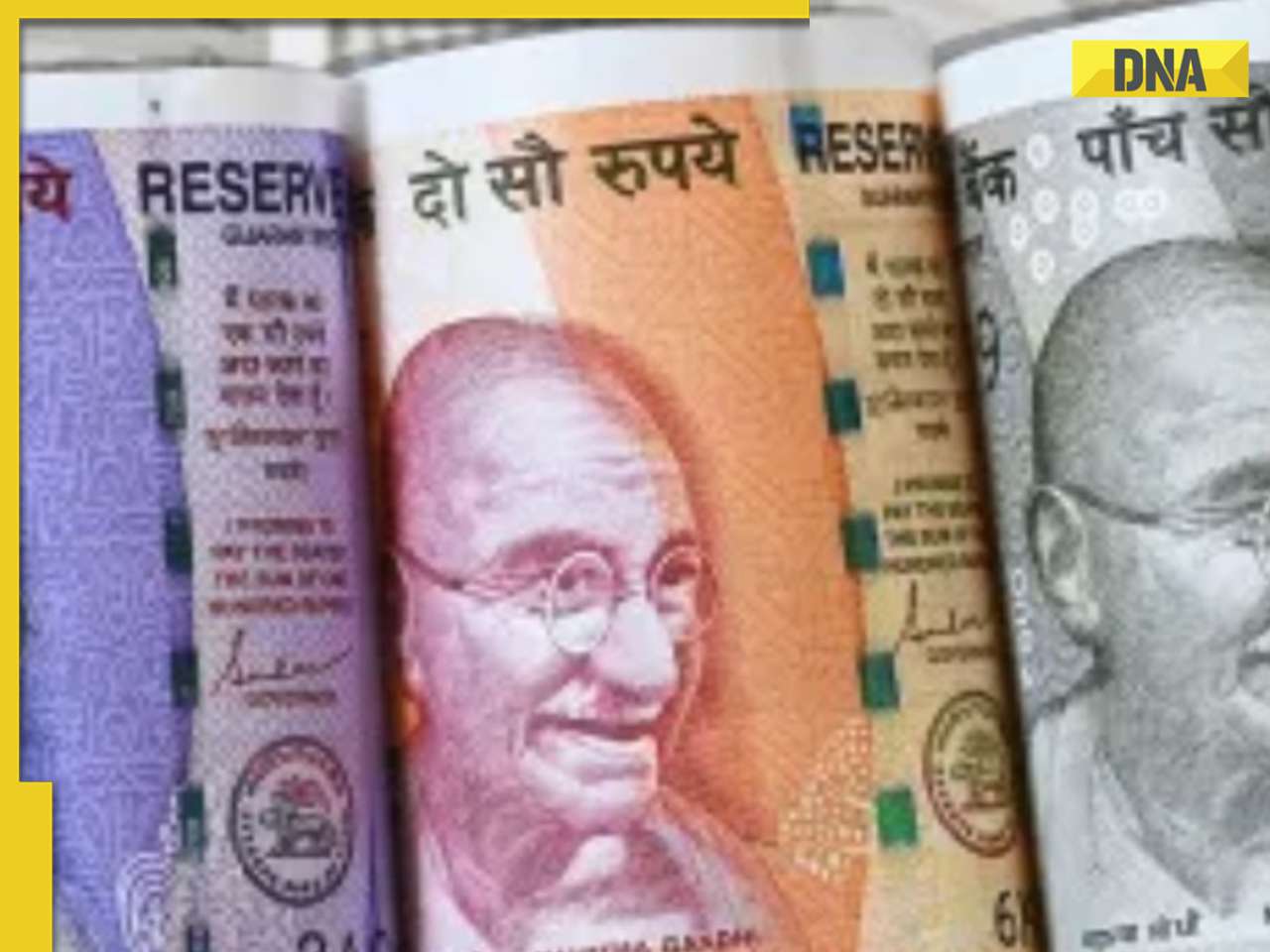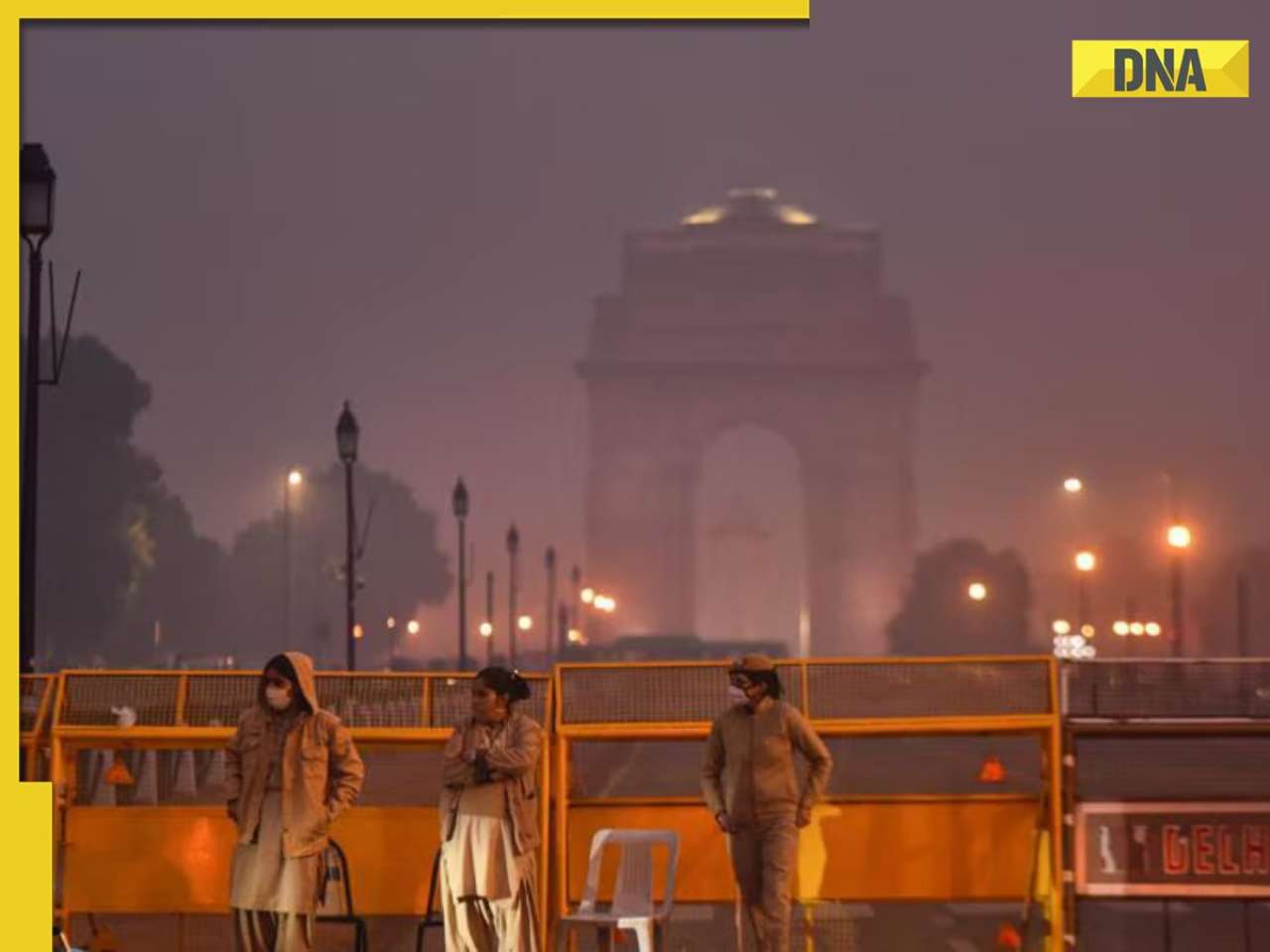- LATEST
- WEBSTORY
- TRENDING
ANALYSIS
Moral hazards in banking
A bailout or a bail-in for a bankrupt bank is the only way to stave off huge repercussions for the economy
TRENDING NOW
There’s never a dull moment in banking these days. The Financial Resolution and Deposit Insurance (FRDI) Bill 2017, now sent to a Parliamentary Committee, has been the latest source of much-alarmed commentary recently. At the heart of the alarm is the concept of “bail in” introduced in the bill. Typically, when in stress, banks around the world have been bailed out, ie, external funds (mostly taxpayer) have been used to rescue depositors and bond-holders. A bail-in is just the opposite, where depositor/bond-holder funds could be used to rescue a distressed bank.
In simple terms, it would mean conversion of the bailed-in deposit into equity. In the case of FRDI, the relevant bail-in clause has a provision of “cancelling a liability owed by a specified service provider” and “modifying or changing the form of a liability owed by a specified service provider”.
The principle of bail-in has been discussed in depth since the global financial crisis of 2008 when the US and Europe alone spent upwards of $1 trillion of taxpayer funds to bail-out stricken banks. The moral hazard question — using taxpayer money to bail-out private investors/depositors — is one that had to be answered. The Bank of International Settlements (BIS, the central bank of all central banks) and G20 formed the Financial Stability Board (FSB) in 2009 to draft rules to prevent an encore of such situations. Bail-in was part of the package of sweeping reforms suggested by BIS. Since then, a number of countries have implemented country-specific banking regulations around bail-ins. European Union’s Bank Recovery and Resolution Directive set out broad guidelines for rescuing distressed European banks.
Since then, Europe has used bail-ins a number of times to rescue banks. Starting with a small Danish bank (Amagerbanken), which went bankrupt in 2011, prompting Denmark’s Finansiel Stabilitet to force bailing in of high-value deposits and bonds. This was small compared to Cypriot banks in 2013, which saw massive bail-ins of high value ( >Euro 100,000) deposits and bonds to rescue banks reeling from Greek sovereign defaults. Even more recently, in 2016, Banco Popular, Spain’s sixth-largest bank, had certain categories of bonds bailed in en masse, even though depositors were spared.
In a nutshell, it is an idea whose time has not just come but has been tested live many times. What explains the “oh my God” reactions to FRDI then?
Prima facie, the rationale is deceptively intuitive — small depositors put their life’s savings into bank deposits. Corralling them as equity to rescue distressed banks is unfair and illogical. Politically, this has indeed been the case globally (and in India). Outside of cooperative banks, not a single depositor has lost any money in India, even when their banks went belly-up. In the recent past, instances of Global Trust Bank (GTB) and Bank of Rajasthan are illustrative — RBI organised bail-outs in each case to protect depositors. The issue is, all bailouts involve taxpayer funding, explicit or implicit. In the case of GTB, the same was implicit, via funding required in the Oriental Bank of Commerce that took GTB over. The recent Rs. 1.3 lakh crore recapitalisation programme of Public Sector Banks (PSB) is an instance of explicit taxpayer funding of bank bailouts. Back to moral hazards!
The bigger issue is simple — private sector banks, in good times, make profits for its shareholders. But in distress, they are expected to be bailed out by the state.
A classic case of privatisation of profits and nationalisation of losses. It is an untenable equation, precisely why bail-ins become crucial. Banks are not ordinary enterprises. Sans a bailout or a bail-in, a bankrupt bank will have massive repercussions on not just the financial system but also the larger economy. Lehman Brothers is an illustrative case — a medium-sized investment bank, its bankruptcy nearly brought the financial system to a collapse.
Above all, while Lehman did not have depositors, its senior unsecured bondholders (same seniority in capital structure as depositors) received nothing more than 10-15 cents on every dollar they had invested. Turn back to the Cypriot example, where bailed-in depositors/bondholders have retained at least 40-50 cents to every dollar they had invested. No two cases are the same, but they do provide illustrative lessons.
In a nutshell, the choice between a taxpayer-funded bailout and a depositor-funded bail-in isn’t that much of Hobson’s territory.
If bail-ins are considered sacrilege, the default option left is to nationalize banks altogether. That way, all profits would belong to taxpayers. And then, when there is a bank in distress, taxpayers pick up the rescue tab. The Indian banking system, with PSB having 70 per cent market share, have tackled the moral hazard quite elegantly. Unfortunately, some of those who cry loudest for privatisation of banks are also those that have expressed the greatest horror at the bail-in provisions of FRDI. Unfortunately, like in everything else in life, we cant have our cake and eat it too!
The author is Managing Partner of ASK Wealth Advisors. Views expressed are personal.

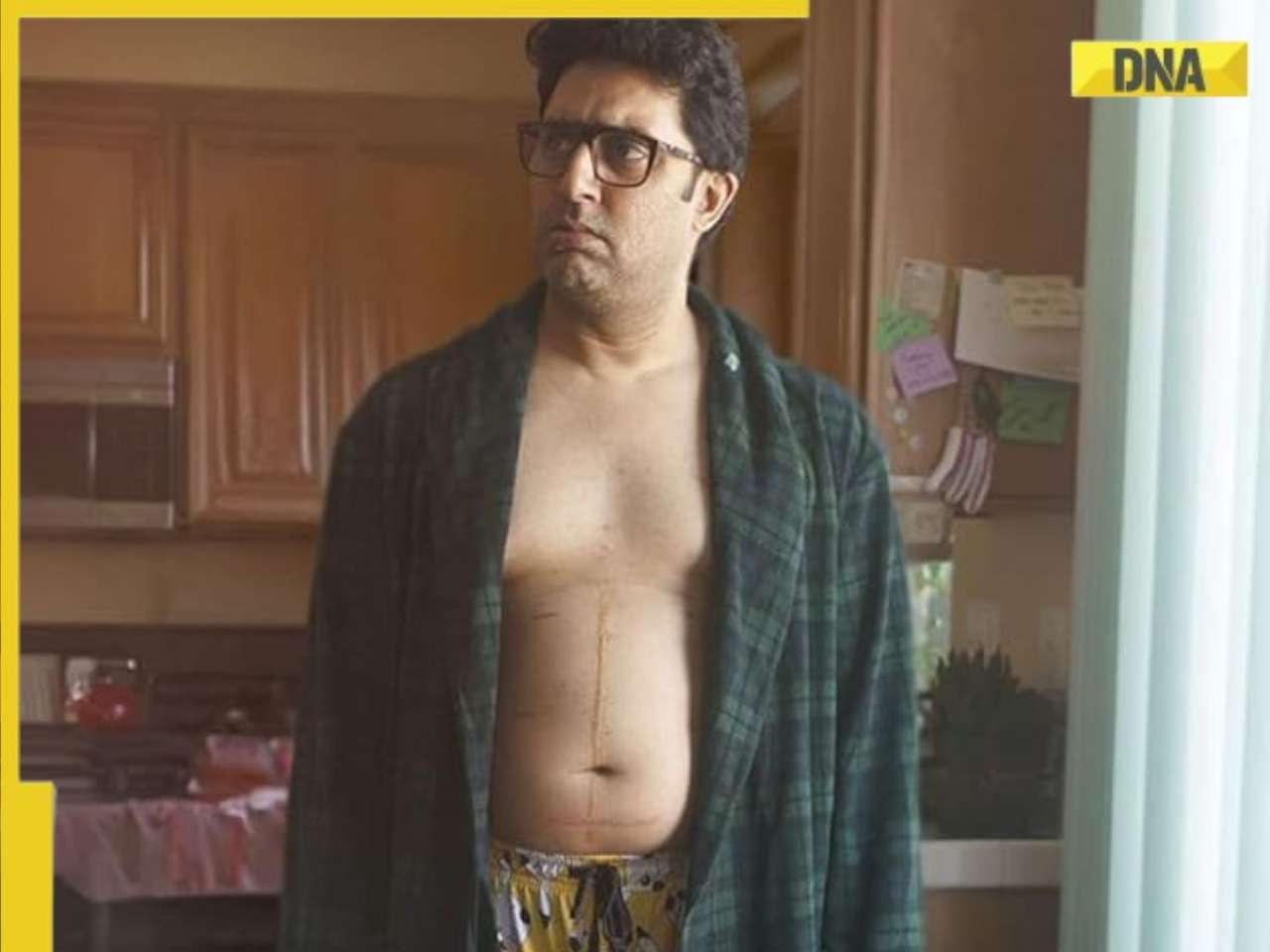





)
)
)
)
)
)
)
)
)
)
)
)
)
)
)
)





